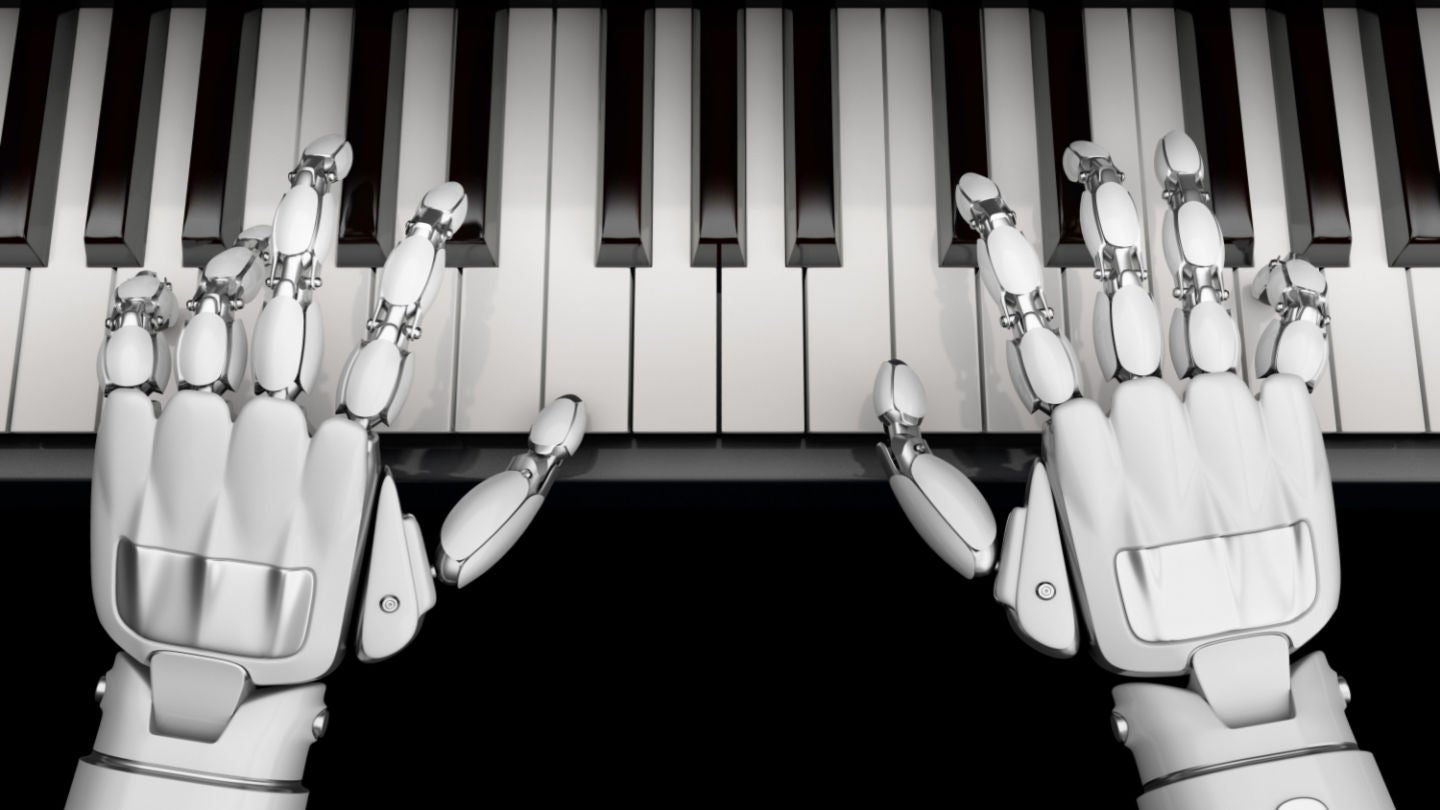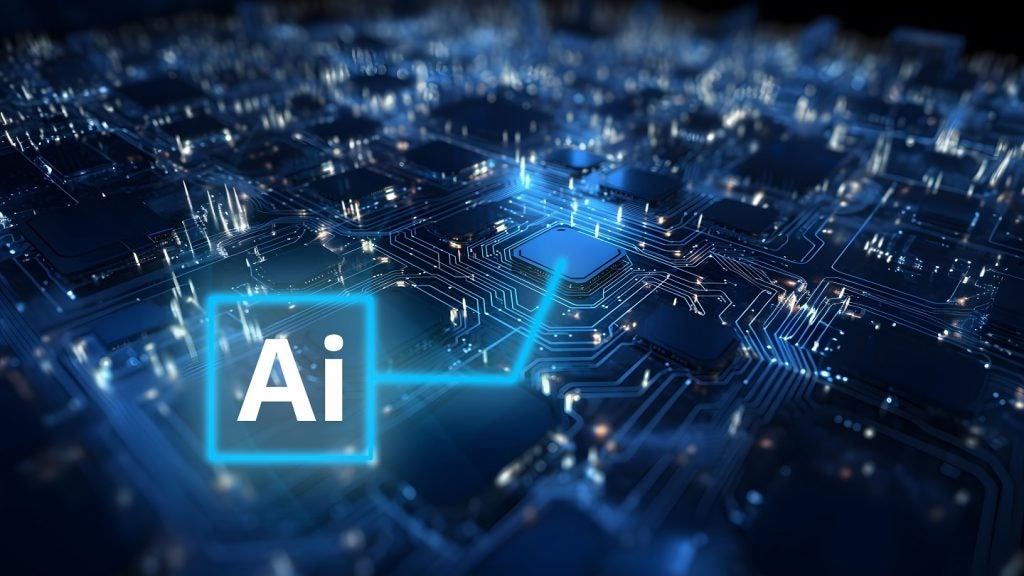Artificial intelligence (AI) has been making strides in the field of popular music production, with the ability to generate songs that are increasingly indistinguishable from those created by humans.
Popular DJ David Guetta recently vocalized his opinion that AI is the future of music, after using the technology to add an Eminem-style vocal to a recent song. Moreover, Amazon Music has recently announced “a collaboration” with generative AI music company Endel for the latter company to produce wellness playlists using its AI tech.
With all of this interest, the question remains: how will the music industry be impacted by AI?
The emotional touch
A key element of an artist’s appeal is their ability to relate to their audience on an emotional level, and this is naturally the strongest case against artificial intelligence music. In almost all cases, AI-generated vocals struggle to fully mimic the complex vocal inflections of the human artist in question and will have the most success when the vocalist utilizes a smaller range of pitches and/or autotune. Some tools are completely dedicated to specific artists, such as Drayk.it, which generates what it describes as “Drake-like” lyrics and vocals by prompting users to enter random topics.
Another emotional argument against AI music is its inability to mimic cultural, historical, or societal values. Music is often considered a reflection of the times, and if the artificial intelligence never lived through a specific time period, it is unlikely to be able to speak to those who have.
Originality
The defining characteristic of AI music, much like any artificial intelligence model, is that it needs to be trained with pre-existing data. This leads to the notion that AI music can never achieve originality. While versatility in styles is valued, and no modern artists are truly unique, originality is a key quality that allows listeners to gravitate toward different artists. History is littered with examples of artists who have been publicly ridiculed for copying elements of other artists’ songs. In 2020, singer-songwriter Josh Stone filed a lawsuit claiming that pop artist Ariana Grande copied the chorus “I want it, I got it” for her hit song 7 Rings from his 2017 song You Need It, I Got It.
How well do you really know your competitors?
Access the most comprehensive Company Profiles on the market, powered by GlobalData. Save hours of research. Gain competitive edge.

Thank you!
Your download email will arrive shortly
Not ready to buy yet? Download a free sample
We are confident about the unique quality of our Company Profiles. However, we want you to make the most beneficial decision for your business, so we offer a free sample that you can download by submitting the below form
By GlobalDataAI has, however, proven to be useful in generating lyrics. Where songs are repetitive or formulaic, AI will easily be able to mimic human songwriting abilities. The popular song Gucci Gang by rapper Lil Pump repeats the phrase “Gucci gang” 53 times, accounting for 17% of the song, while around 50% of the song’s lyrics are repeated in some form, making them easily replicable. Tools such as Masterpiece Generator and BoredHumans are popular choices among creators.
AI lacks nuances and spontaneity
Human musicians have been known to bring a sense of improvisation and spontaneity to their music that is not present in AI-generated music. One of the most popular examples is the song Hey Ya! By Outkast. The song skips beats in places, which would be unpredictable to a fresh listener. This has led to mass debate online, where people struggle to agree on the song’s time signature. This lack of defined structure cannot be mimicked by AI, at least not in an original way.
Additionally, many of the infamous metal band Metallica’s most popular songs are lengthy pieces that switch time signature, key, and cadence multiple times. For example, their song One utilizes time signatures 4/4, 3/4, 2/4, 6/4, and 2/2. The prevailing narrative of AI-generated music closely follows that of regular artificial intelligence.
Without emotional intelligence, AI music will never be able to gather a mass following. Creativity is the enemy of replicability, potentially making most far-advanced avenues of entertainment the most resilient to the impacts of AI. At the moment, the most compelling case for AI music is still to serve as a companion to human musicians, catalyzing the creative process.








